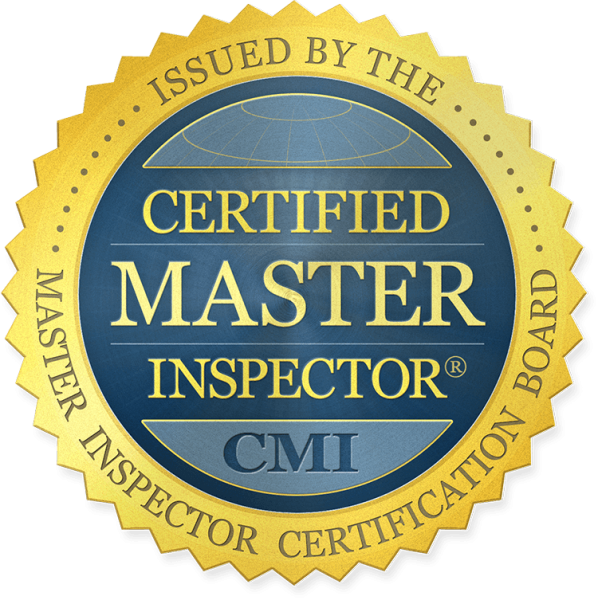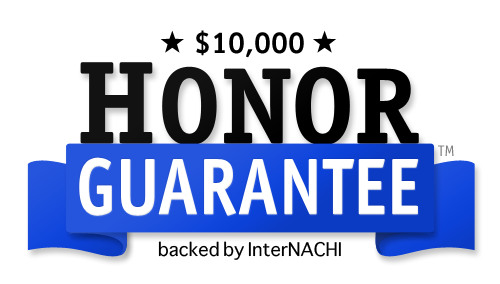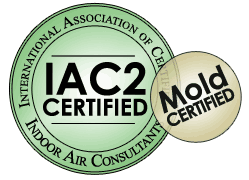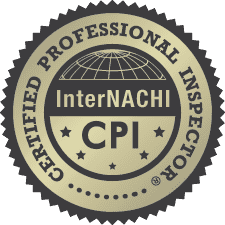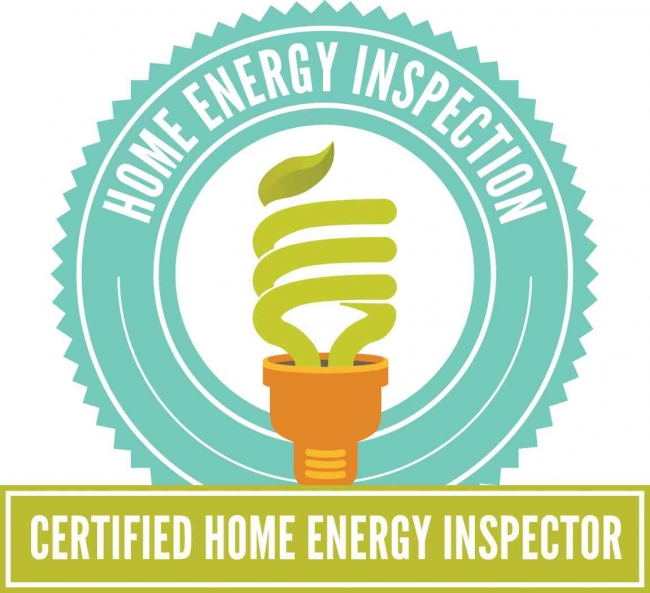CHOOSING THE RIGHT CONTRACTOR
Many times after performing a Charleston home inspection, I find defects that will require the expertise of a “qualified contractor”. Sometimes as part of my inspection, I will provide a list of contractors that I trust to my client. Some seek out their own, or rely on the seller to provide the contractor or make repairs. The problem is many of my clients don’t realize or don’t research to find what a “qualified contractor” really means.
Concerns about questionable contractors are the number one reason consumers contact the Better Business Bureau, and rightly so. Sleazy “contractors” are the subject of many investigative reporting shows, and the subject behind a slew of home improvement reality shows on HGTV these days.
For the sleazy, dishonest “contractors”, the money is usually fairly easy. They prey mostly on older, naïve citizens, or younger, inexperienced homeowners. Many jurisdictions to not require licensing, and many homeowners don’t bother to check the contractor before hiring them. Consumers lose millions of dollars per year unnecessarily. Here are a few ways to help protect yourself from this growing cancer on our communities.
· Check with the local homebuilder’s association. Most reputable contractors will belong to one or more.
· Get referrals from friends, neighbors, family, or co-workers. Find out who you’re hiring.
· Compile a list of qualified contractors before you actually need one. Your judgment can be impaired by the stress of an emergency.
· Find out if the trade association the contractor belongs to enforces a code of ethics, minimum satisfactory work hours, and trade exams.
· Check the Better Business Bureau for any complaints. When you need to report them, you’ve already been ripped off.
Aside from these easy to obtain items, you should also ask to see the following. If the contractor cannot or will not provide these, don’t entertain the thought of hiring them.
· A copy of their contractor’s license
· Certificate or proof of general liability insurance, and worker’s compensation coverage. You can be sued if a contractor or his worker gets injured on your property.
· A written warranty as well as a detailed quote itemizing material and labor costs.
· A list of references from local people who have had similar work performed.
· A contract detailing the costs, work performed, time schedules for completion, and payment expectations.
Here are a few red flags to warn you that someone may be trying to take advantage of you.
· They ask for payment before they start. Never, ever, ever pay any contractor in full up front. If they ask for this- run-don’t walk away. The only industry that asks for balance paid in full up front is fast food!
· Only accepts cash.
· Avoids giving a written contract for any reason.
· Door to door, cold calling. “I was driving by and noticed…….needs repaired”
· They have a PO Box and not a street address.
· They have a vehicle with no business name or signage.
· Offers to pay your insurance deductible.
These are just a few tips on selecting the right contractor. The most important thing to remember is the old saying “follow your gut feeling”. If it doesn’t seem right, it’s probably not. If it sounds too good, or too cheap, it probably is. Use your good common sense. After speaking with a few contractors for your project, make your decision after researching the necessary credentials, and remain in close contact. Remember that changing the plans will change the price, and requires an updated contract. Following these few easy steps can help ensure you are getting what you paid for, and the job is done correctly.
Michael Clark, owner of Inspection Connection, is a Certified Master Inspector©, and performs Home Inspections in Charleston, WV, and the surrounding areas.
![]()

